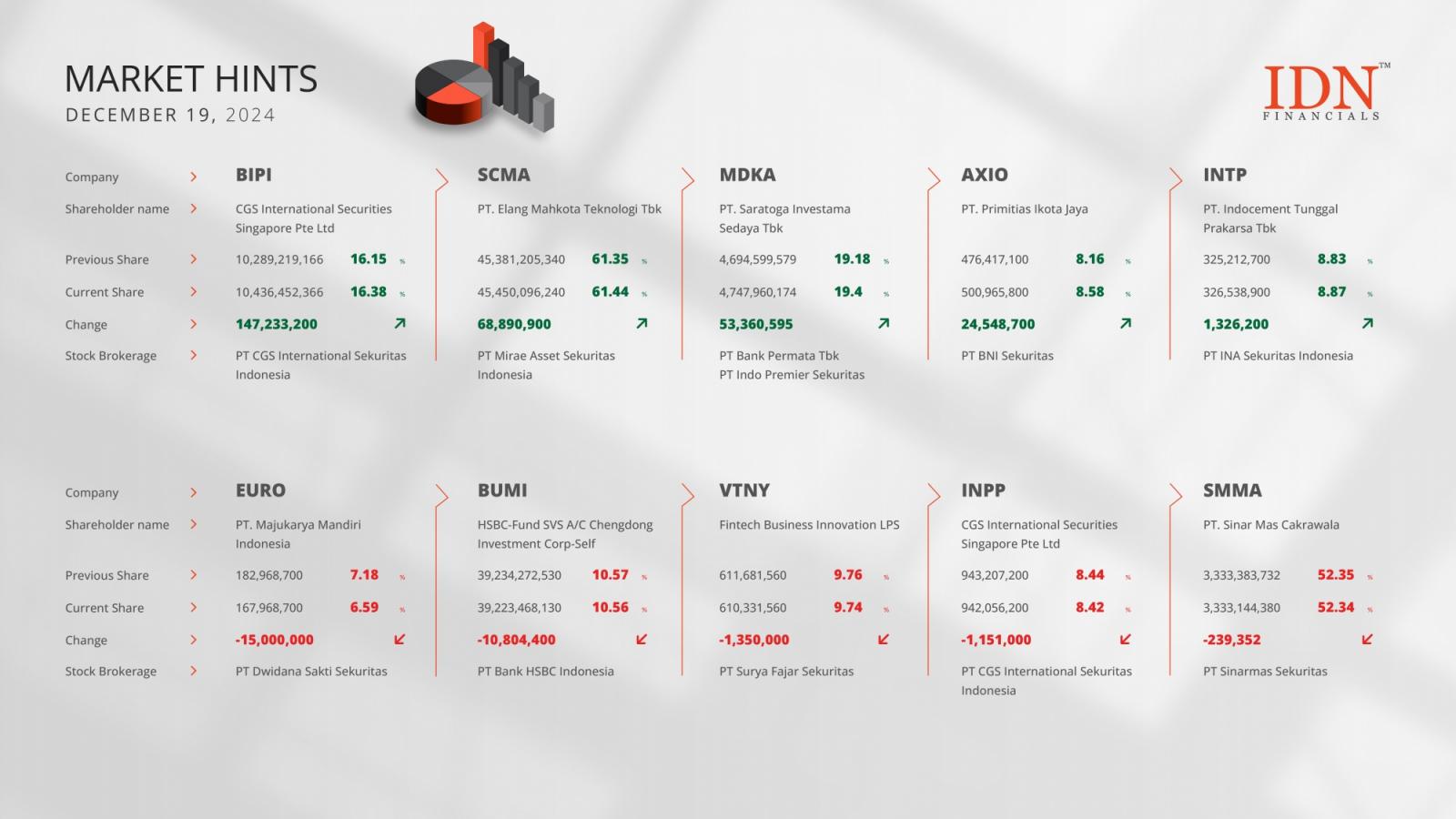Israel’s Central Bank unveiled plans on March 11 to launch an interest-bearing Central Bank Digital Currency (CBDC), dubbed the “digital shekel”.
In a recent document, the Bank of Israel (BoI) outlined its proposal for the ‘digital shekel,’ highlighting key features such as wallet provision and bank payment services.
Requirements for the ‘Digital Israeli Shekel’
The CBDC’s two-tier model will enable round-the-clock payments, offline use, quick payments, and multipayment support with balance caps in place.
Despite ongoing debates and uncertainties within the bank, the BoI has set a deadline of December 2024 for publishing a design document.
Israel wants to launch a digital shekel with built-in deposits
The functions will be the same as in all announced CBDCs: instant cheap payments, programmability, transparency.
In addition, embedded deposits for individuals and a liquidity buffer function for financial… pic. .com/li550AfpaB— Crypto 4 Light (@vladi4light) March 12, 2024
Privacy concerns have also been addressed, with the BoI assuring that users’ transaction balances and personal information will not be compromised. It added that the Central Bank will specify the required data for effective operation, monitoring, and control.
Currently, Israeli commercial banks pay 4.86% interest on customers’ fiat shekel savings and deposits.
Under the plans for the digital shekel, commercial banks are exempt from interest if they add the CBDC to their short-term liquidity reserves. This move is aimed at encouraging the adoption of the digital shekel.
The BoI has been considering a digital shekel since 2021, even though pilot tests have yet to commence.
Last year, the BoI believed an upsurge in stablecoin usage would finally usher in a digital shekel. However, at the time, it was observed that the nation needed to show indications of adopting stablecoins as a major payment method.
The recent document on the ‘Israeli shekel’ shows that the bank remains undecided on certain aspects of the CBDC.
Proposals on the Israeli Digital shekel
According to the Central Bank document, two main distinctions are detailed between the proposed digital shekel and existing CBDCs. The CBDC is interested in dividing banks’ responsibilities from the supply of wallets and payment services.
Users can generate a CBDC wallet using their existing bank or payment provider, which offers several retail CBDC designs. The provider is responsible for immediately transmitting payment instructions to the fund and depleting the CBDC wallet.
Under BoI’s proposed system, creating a CBDC wallet with a payment provider is possible by using open banking APIs. In addition, Users can link several third-party banks for funding or defunding.
Another distinctive aspect of the suggested digital shekel is a central database containing information on account balances under pseudonyms.
The BoI is also emphatic on maintaining control, as the apex bank announced plans for the ‘digital Israeli shekel.’ The central bank could identify company balances, though it wouldn’t have access to personal user information.
It is anticipated that only the users’ linked payment service providers can view the encrypted personal data kept in the central database.





